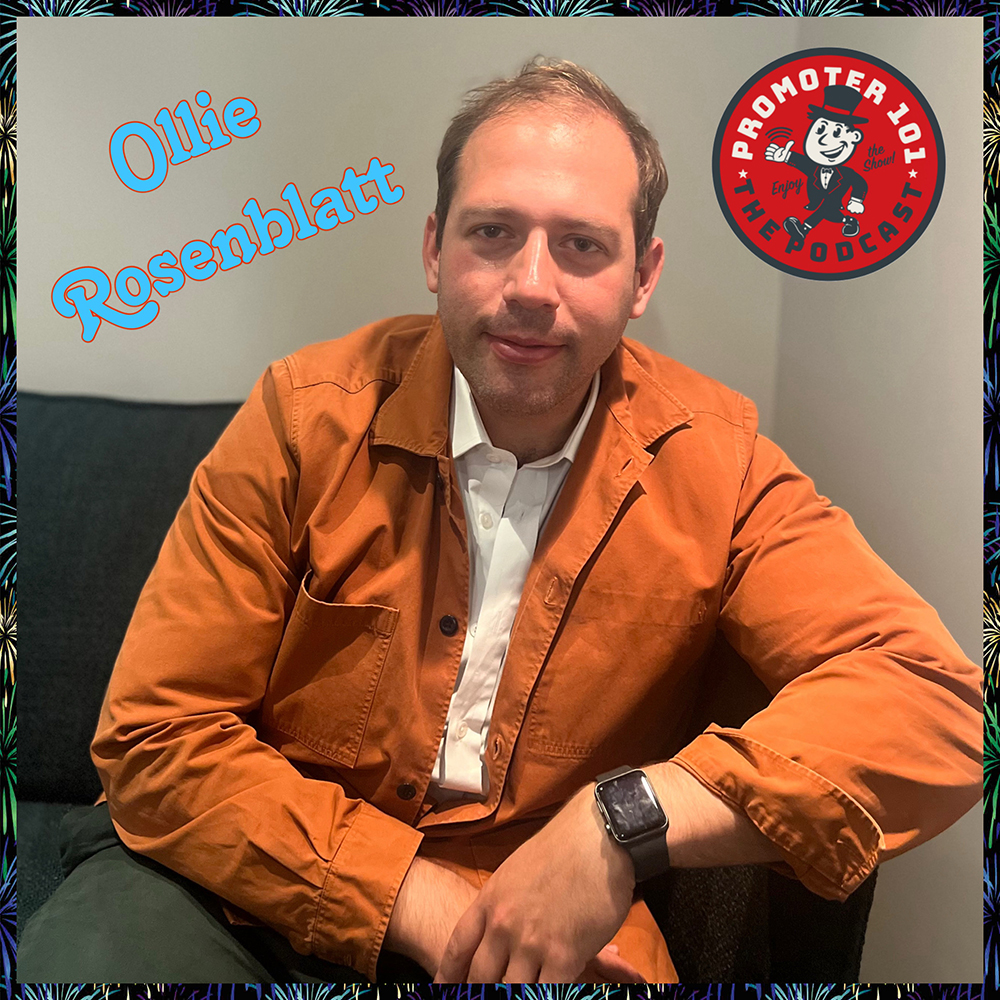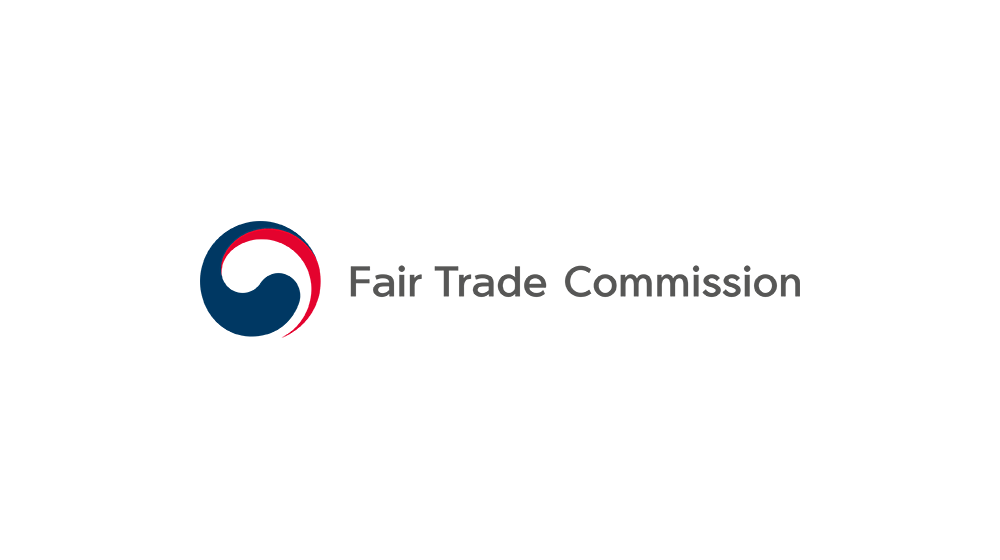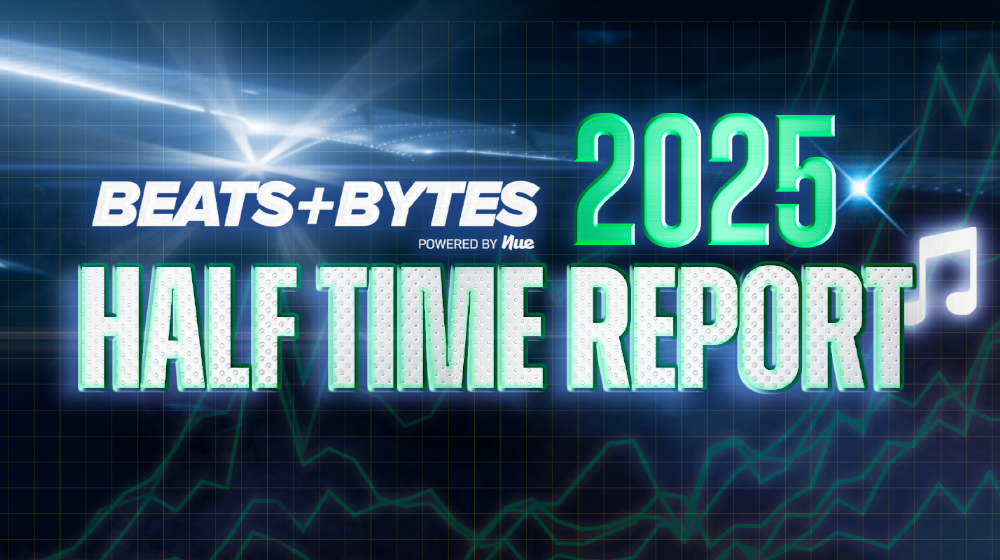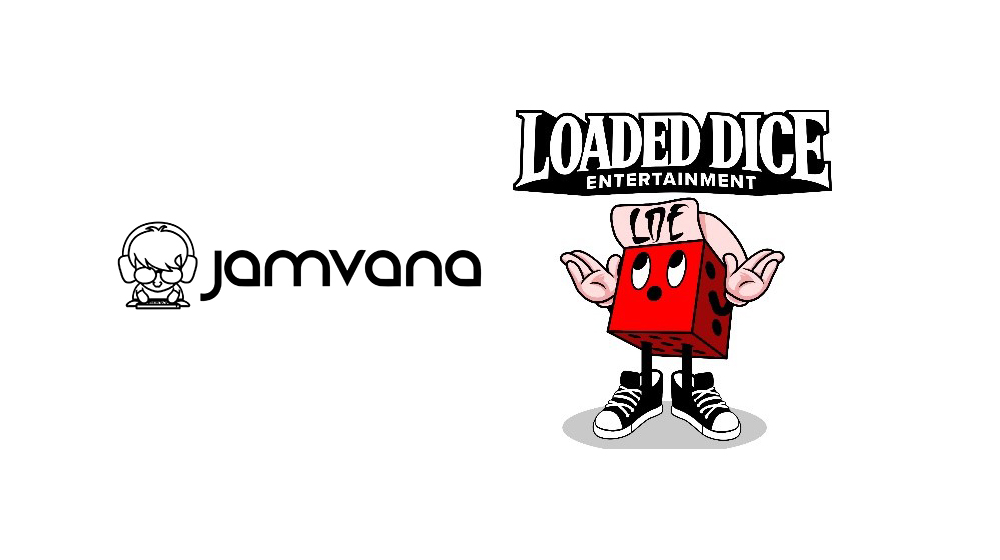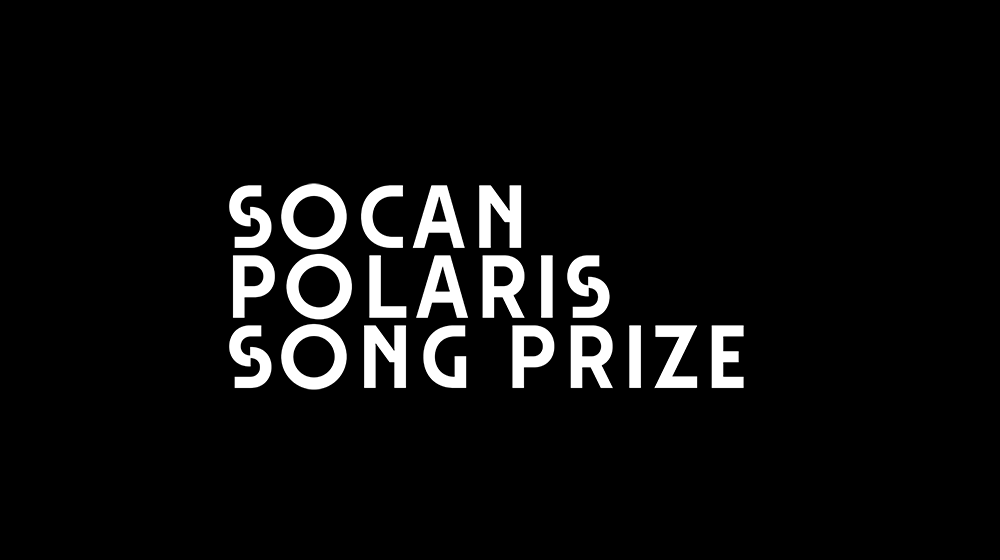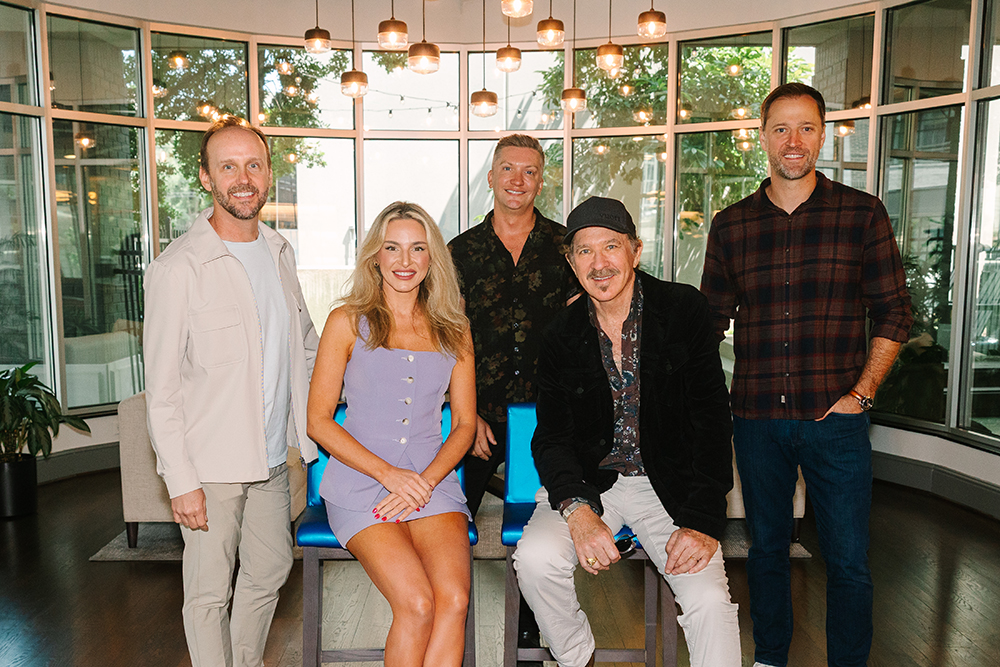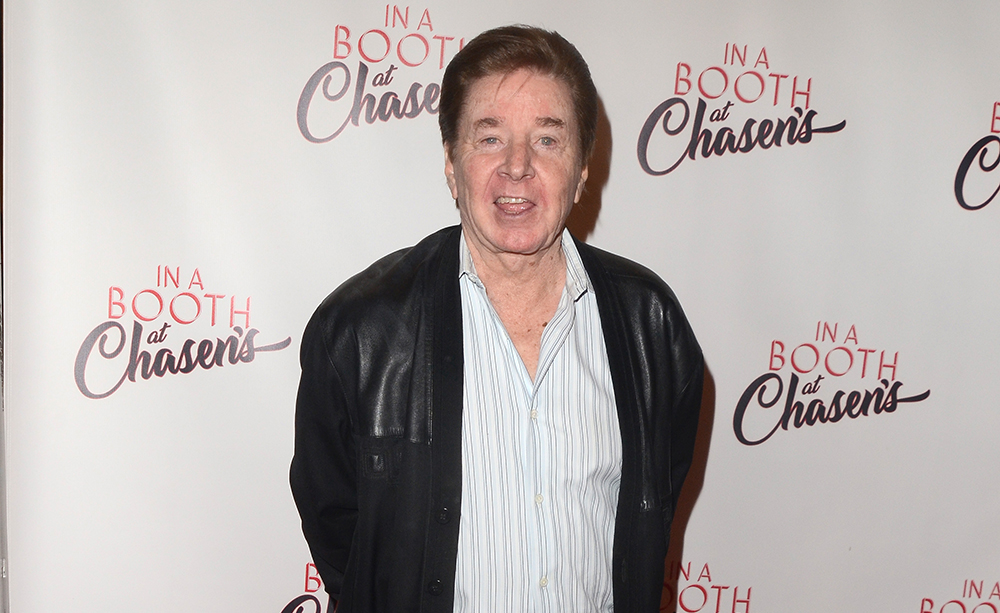
(Hypebot) – The International Confederation of Societies of Authors and Composers recently issued a report which has shed some light on the world of music publishing, with free on-demand services once again being targeted.
By Glenn Peoples, Music Insights and Analytics at Pandora
The music industry’s campaign against free, on-demand services continues. The International Confederation of Societies of Authors and Composers (CISAC) issued a report last week that brings some transparency into the typically opaque music publishing business. The press release is here. A link to download the report is at the bottom of the page.
2The short version: the report says collections of performing rights organizations on behalf of music publishers reached €7.5 billion (US $7.95 billion) in 2015 (up 8.5 percent YOY). A highlight is a special section on digital music breaks out data from societies and music publishers in six key markets (US, Canada, UK, France, Germany, and Sweden) on collections from a variety of digital service categories.
CISAC went to great lengths to point out the disparity between paid and free services. In the United States, collections from paid services were music publishers collected $129.1 million from premium subscription services, $65.5 million from ad-supported audio services and $85.1 million from ad-supported video services. (The disparity is far greater on the recorded music side of copyright in the United States.) There are far greater disparities in the United Kingdom, Germany, France and Sweden.
Here’s a relevant section of analysis by publishing expert Susan Butler:
“2015 saw an overall increase of 21.4% in our members’ collections from digital platforms and this is strongly encouraging. Yet, the share of digital income out of total royalties collected by our members is fairly low, at 7.2% only. The main root of the problem remains legal loopholes and outdated laws which prevent our members from obtaining fair royalties from digital platforms in many countries. The huge difference between collections from subscription services and ad- supported platforms is not only alarming, but also clear evidence that regulatory solutions are desperately needed.”
Butler’s comments echo my last post here at Medium (“Give it Away, Give It Away, Give It Away Now”) that addressed the difference in royalties paid by premium and free, on-demand services (I didn’t get into regulatory issues, however). Premium services pay a premium to offer on-demand music. Free on-demand services don’t. Expect there to be tension as long as these disparities continue.







































